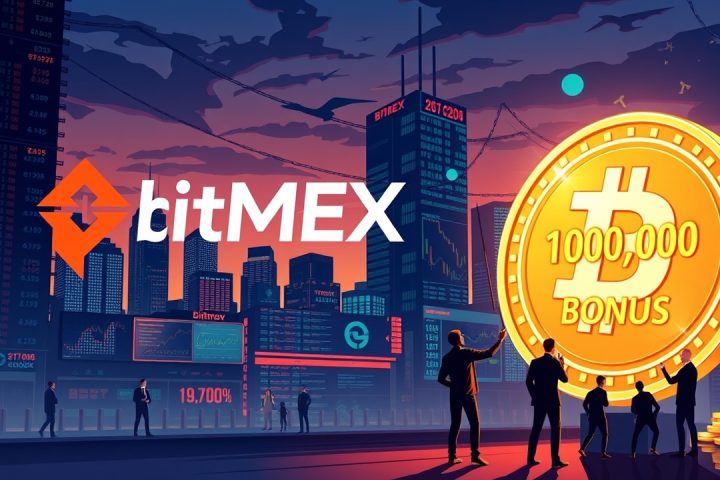Concerns Raised Over SEC’s Approach to Stablecoins
Caroline Crenshaw, a commissioner at the U.S. Securities and Exchange Commission (SEC), has raised serious concerns regarding the agency’s approach to evaluating the risks associated with stablecoins, particularly those pegged to the U.S. dollar. In a recent statement, Crenshaw criticized the SEC’s announcement as being significantly deficient in assessing the vulnerabilities that retail investors may encounter in the stablecoin landscape.
Risks of Reliance on Intermediaries
Stablecoins, which are designed to maintain a stable value, are often utilized by retail investors through various intermediaries. Crenshaw emphasized that these intermediaries are not legally bound to facilitate the redemption of stablecoins, which can create substantial risks for investors.
“When retail investors hold these stablecoins, they rely on intermediaries to redeem them. However, if those intermediaries choose not to perform this task, the investors find themselves without legal recourse against the original issuer,” she warned.
This reliance on intermediaries introduces a multitude of risks that she claims the SEC has somewhat ignored. According to Crenshaw, the SEC’s assertion that retail participants have adequate rights to redemption is misleading. She elaborated that retail users do not have the legal ability to tap into the underlying reserves held by stablecoin issuers, meaning they must settle for prices established by intermediaries in the marketplace rather than a guaranteed $1 redemption.
“The reliance on these entities in handling the distribution and redemption of retail USD-stablecoins severely undermines the protections that the SEC suggests are in place,” she noted.
Although SEC staff argue that issuer reserves are structured to fulfill redemption obligations, Crenshaw pointed out that these obligations do not apply to everyday coin holders. When redeeming coins, users receive payouts from intermediaries rather than directly from the issuer’s asset reserves, which can lead to receiving less than the expected value.
Regulatory Scope and Future Implications
Furthermore, in an earlier update this week, the SEC clarified that stablecoins that do not offer yield fall outside the agency’s regulatory scope as securities. However, it remains to be seen how the SEC will treat other varieties of stablecoins, including yield-bearing types, algorithmically managed coins, and those linked to assets other than the U.S. dollar.
The commentary from Crenshaw reflects growing scrutiny over the lack of robust protections for investors in the evolving stablecoin market.











